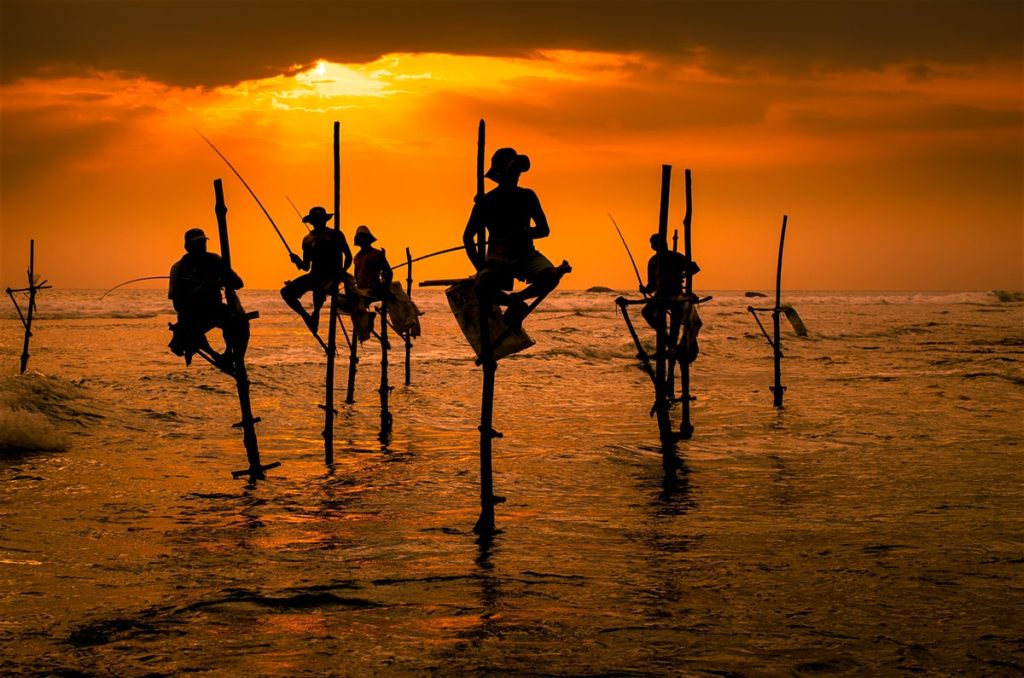
Editor’s Note: This is the first in a periodic series on the effects of the COVID-19 pandemic on tourism providers across the globe.
Back in the late 1960s, when I was still mostly fantasizing about globetrotting, I picked up a paperback book called Bargain Paradises of the World.
Although all the pictures were in black and white and the information inside was perhaps overly colorful, it was the kind of book that got my travel juices flowing.
One particular “paradise” that caught my eye was Ceylon, the tear-drop-shaped Indian Ocean island nation that has been known as Sri Lanka since 1972.
My fantasy Ceylon — which had been colonized by Britain until 1948 and was known in the West mostly for its tea exports — was pictured by Bargain Paradises as an idyllic place where one could live in tropical splendor on a few dollars a day.
Despite several trips to India, its northern neighbor separated by just 650 miles of sea, I never got the chance to test those claims out, but I kept Sri Lanka high on my list. Primarily Buddhist, the country has been blessed with lush landscapes, varied wildlife. and a comparatively high standard of living for South Asia.
Then came 1983 and the start of a bloody quarter-century civil war that ravaged the nation until 2009. Since then, Sri Lanka has remained mostly peaceful — but, like destinations across the globe, now faces new challenges posed by the COVID pandemic.
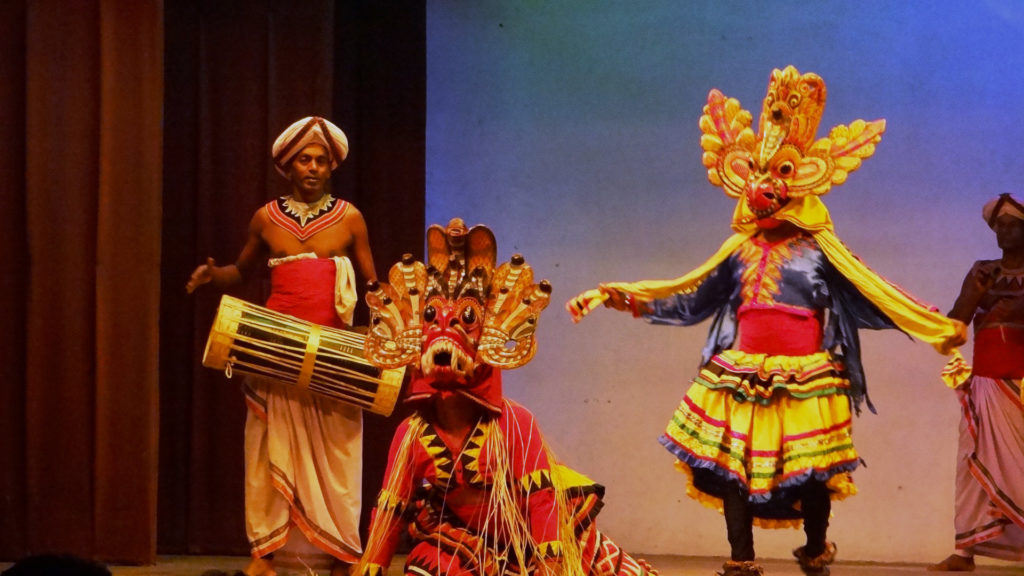
The View from SkyHaven Tours
I reached out to Lahiru Randika, owner of the family-run SkyHaven Tours in Kandy, Sri Lanka, to see how his independent tour company was coping with COVID fallout, as well as to learn more about what travelers can expect to experience when visiting Sri Lanka.
Here are the highlights of our interview:
CN: How has Sri Lanka dealt with COVID-19 in general?
LR: Sri Lanka’s record of dealing with the pandemic is a massive success story.
The country acted fast and decisively, weeks before most other nations were taking the pandemic seriously. (As of early September, Sri Lanka had just around 3,000 cases and 12 deaths.) So it’s one of the safest places to be right now.
The government has introduced standards mandated by the Sri Lanka Tourism Development Authority to identify properties, businesses and locations that are diligently following legal protocols and practices, allowing visitors to move around with peace of mind and confidence. Everybody’s safety is the main consideration.
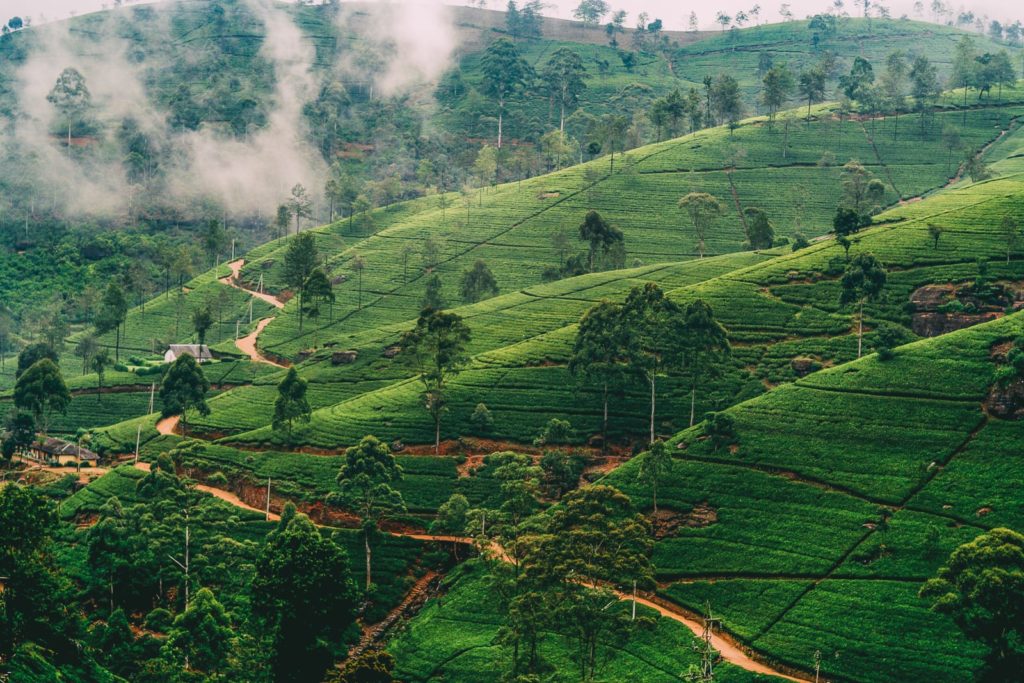
All Destinations Are Affected
CN: Still, world travel has been severely affected by the pandemic, even in areas where cases and deaths are low. What has been the effect on your business?
LR: Although Sri Lanka has dealt with COVID-19 better than most, travel has been limited and people are encouraged by their own governments to support their own economies, which is perfectly understandable.
As travel corridors and “geographical bubbles” start emerging, we hope that things will slowly return to normal, but we understand that it may be a long and difficult process.
We may have to change the way that we operate, offering incentives and developing new ways of marketing ourselves, but these are just challenges. We’ve always been comfortable challenging ourselves, which is why the company has evolved and thrived for years.
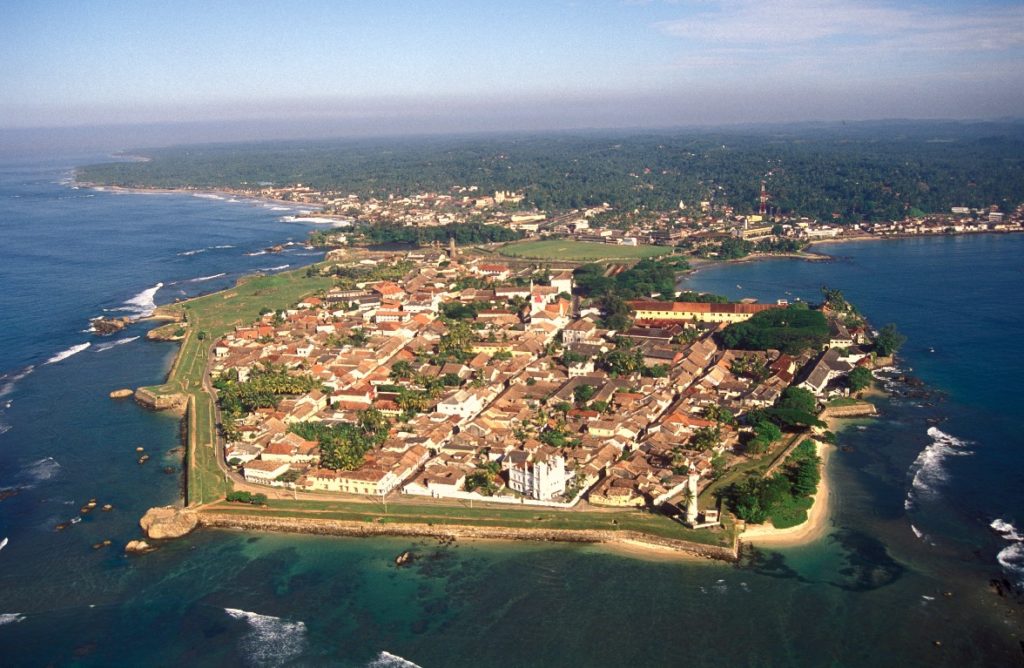
Boomers Crave Excitement
CN: What Are Sri Lanka’s Key Attractions for Baby Boomers?
LR: These days, options we offer to older travelers and retirees have to be as exciting, dynamic, and adventurous as those aimed at a younger market. There was a time when tours pitched to younger and older clients would be different. Now, retirees are often just as active as those half their age — and often have more disposable income.
We Offer Cultural Tours, Adventurous Excursions, and Wildlife Safaris, all planned with a wealth of local knowledge. Our reputation has been based largely on word of mouth.
Sri Lanka is covered with ancient monuments and historically important buildings, including eight UNESCO World Heritage sites.
It’s also the home of Ayurveda, an ancient practice based around restorative and rejuvenating techniques using herbs and oils. More and more retirees, especially, are looking to explore ancient and alternative medicines to counter issues that come with age and perhaps the Western fast and convenient lifestyle.
Photographers and outdoor lovers favor our natural beauty, from impressive mountains to epic waterfalls, lush forests, and some of the best beaches on the planet. You can also dive over vibrant, pristine coral reefs or share the seas with turtles and dolphins.
On land, you can safari through hills and forests, looking for roaming elephants, elusive leopards, and other animals in their natural habitats. Birders can head to the rich forests, while adventure seekers can go whitewater rafting, caving, bike trekking or bot air ballooning.
Somewhat more sedate outdoor activities include canoeing, golfing, tennis, or taking in a cricket match.
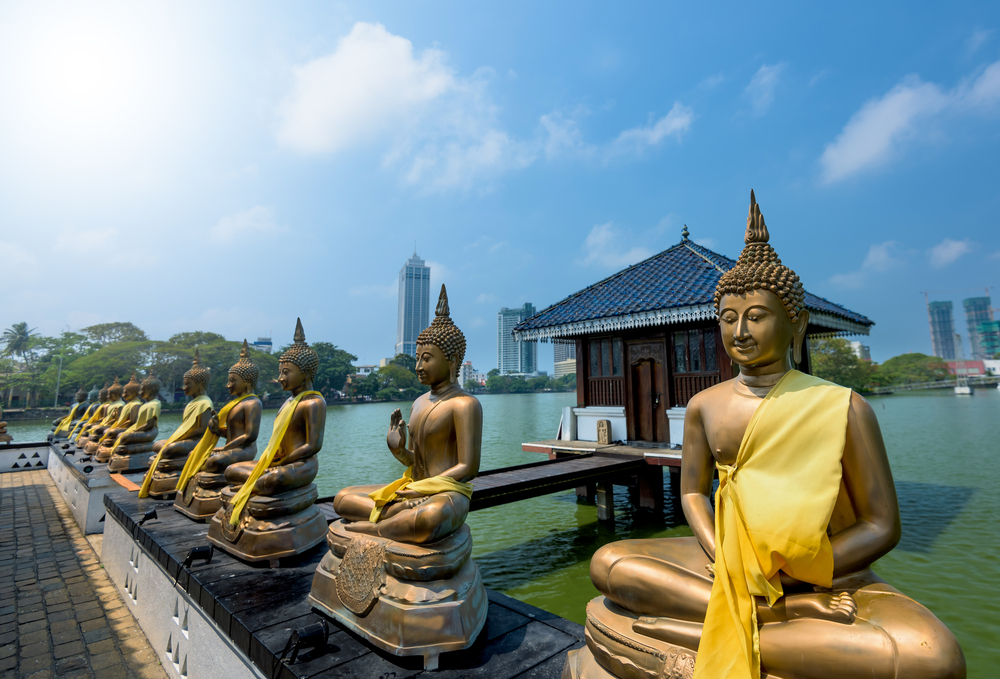
CN: Can you name some specific destinations of interest?
LR: These are really just the tip of the iceberg, but if we had to choose a list of top attractions it would look something like this:
- Yala National Park — not only for stunning views and gorgeous vistas, but home to the largest population of the majestic Sri Lankan leopard.
- Nuwara, which boasts some elegant and unforgettable scenery, and is renowned or its tea gardens.
- Polonnaruwa Sacred City, with 1,000 years of religious history and iconic architecture — a must for anyone interested in the long and rich history of the island.
- The Dambulla Cave Temple, the largest temple complex in Sri Lanka.
- Galle, both an ancient site and home to an historic fort that tells much of the story of Sri Lanka’s colonial past, with the Dutch and British battling for control.
- Mirissa, the best place on the island to hop aboard a boat for some whale watching.
- Kandy, the last capital of the ancient kings of Sri Lanka., where you can take in a fire dance show and visit the Temple of the Sacred Tooth Relic.
- Peradeniya Botanical Gardens, said to be the best in Asia, with fabulous orchids.
- Spice Gardens, known for its spices and oils, which mixes history with botanical beauty.
- Sigiriya, an ancient and impressive rock fortress that rises 200 meters above the surrounding landscape.
- Ulpotha Village, a tranquil setting to experience the beauty and benefits of Yoga and Ayurveda.
- Colombo, the island’s vibrant and exciting capital city.
- Diyaluma Falls, one of the most impressive waterfalls in the world.
- Sri Lankan train journey; the island is still home to an extensive rail network.
- Horton Plains National Park, a place of breathtaking landscapes and rich bio-diversity.
CN: How do you see the future unfolding for SkyHaven Tours?
LR: The future is unknown. The tourist landscape may look very different in a year, five years, ten years — but you can be sure that SkyHaven Tours is going to play a prominent role in it. Our most important feature is flexibility.
You can find the SkyHaven Tours website here.
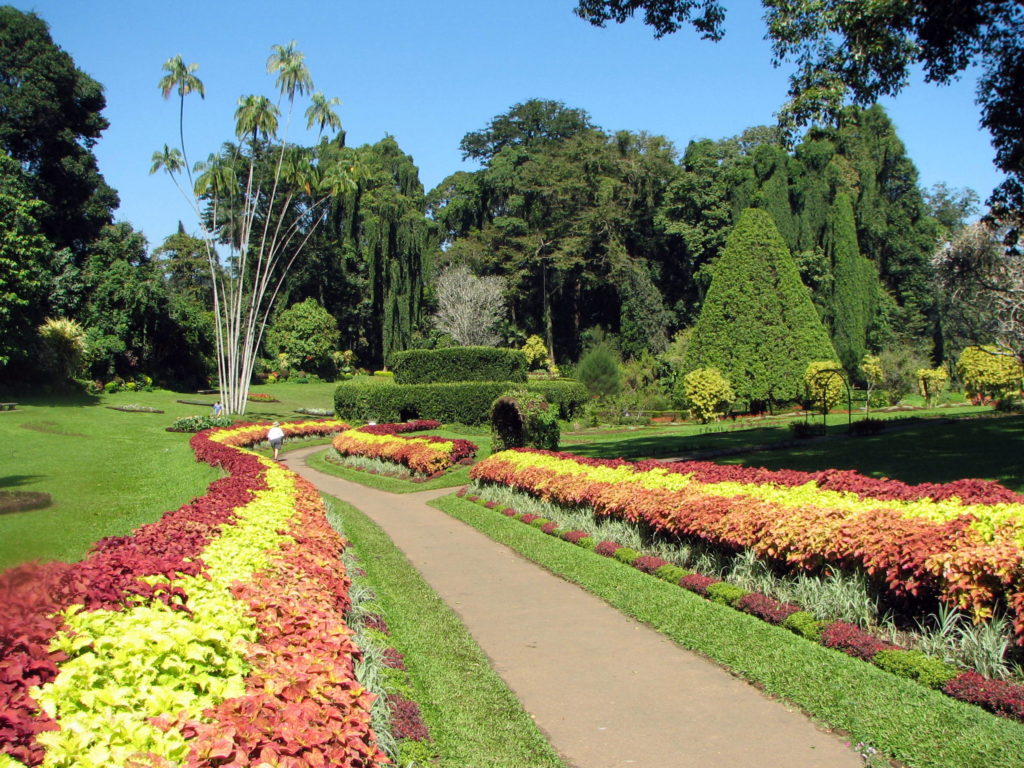












Leave a Reply